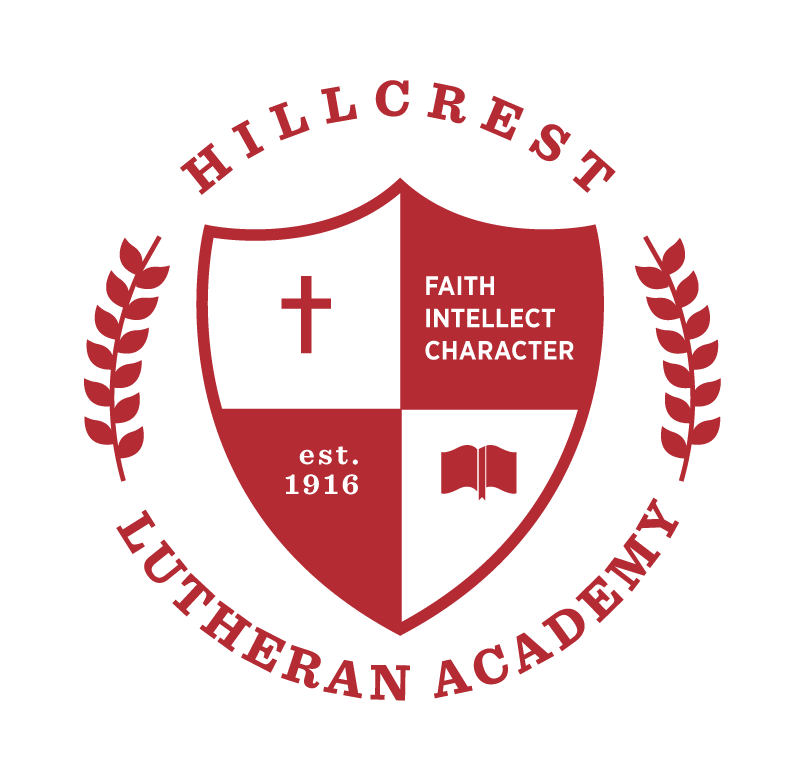Legacy in the Halls: How Grandparents Day Illuminates Hillcrest’s Classical Journey
The bell had barely finished echoing through Hillcrest’s lower-school corridors this morning when a new kind of hush settled over the campus. Grandparents filled the hallways with gentle laughter and smiles, ushered down hallways to grandkids’ classrooms where their presence wasn’t merely sentimental; it was essential. In a classical Christian school that treasures the great conversation of the ages, grandparents are living footnotes, primary sources whose lives testify to the truths students encounter daily in class.
In Ms. Hosch’s second‑grade room, the day began with a rousing timeline chant: Creation to Rome in sixty seconds. Tiny voices ticked off dates that pointed to icons of Pharaohs, prophets, and philosophers. One adult in attendance wiped a tear as she watched the tracing sweep of history drawing students to a greater confidence in Scripture as they see God work in world history. Classical education invites students to see the unity of God’s story; grandparents supply a unique commentary that stitches past to present.
Students also chanted a declaration of God’s goodness in their study of history and math, each phrase punctuated by a call to how students’ study subjects is a way to image God and see His hand in all creation.
Hillcrest’s classical model is built on the conviction that education is soul‑formation. Grandparents embody that wisdom in ways textbooks never can. Their stories of answered prayer, wartime courage, or sacrificial generosity give flesh to the doctrines students parse in class daily.
Sociologists tell us that children who enjoy regular contact with believing grandparents are more likely to adopt resilient faith as adults. At Hillcrest, the evidence is anecdotal yet compelling.
Some schools host Grandparents Day as a photo‑op. At Hillcrest, it seems to be a part of the curriculum. The classical model hinges on dialogue between generations, and today that dialogue rang out in every classroom, from chanted liturgies to catechized memory. Yes, students demonstrate mastery of timelines, creeds, and poems, but the real lesson of grandparents’ day at the lower campus is relational. Grandparents Day reminds us that education without heritage is amnesia; heritage without education is nostalgia. Hillcrest thrives because it binds the two together, equipping young minds to follow Jesus Christ with the steady encouragement of those who have walked the road before them.
So here’s to the grandparents: keepers of stories, guardians of creed, living bridges between family today and the families of tomorrow. Your presence today wasn’t an add‑on to the program; it was the program in motion. And as Hillcrest students return to their studies, they do so buoyed by your prayers, your example, and your unwavering conviction that God’s design is good, beautiful, and worth carrying into every corner of the world.

